SōRSE News & Blog
Home > News/Blog
More results...
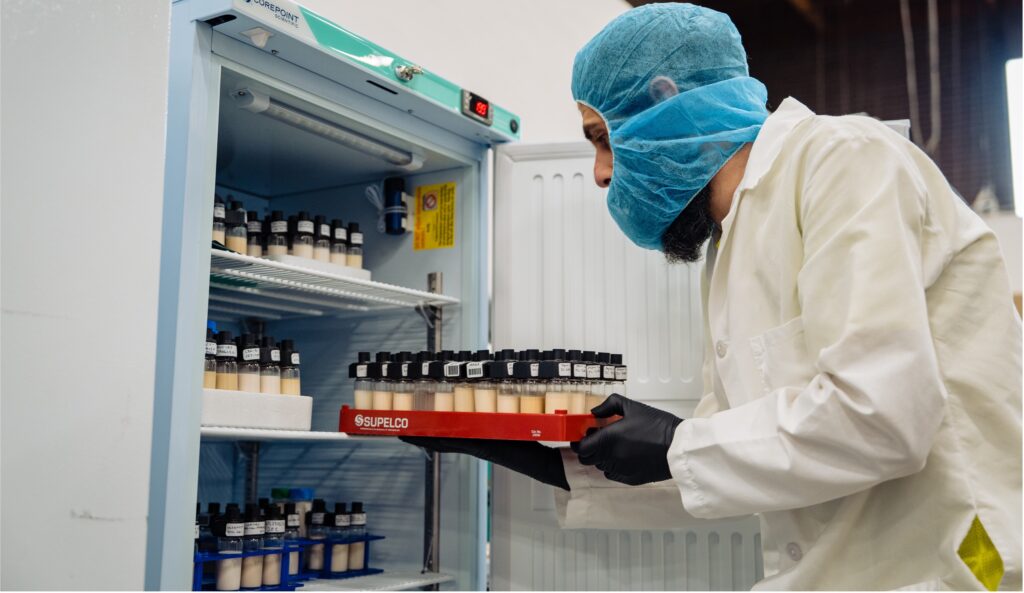
Choosing a cannabis emulsion provider: get their stability data
You’re a cannabis brand, and you’re developing a new line of cannabis beverages. How do you choose your emulsion provider? The problem is that they all seem to make the same marketing claims—small particle size, lasting stability, reliable potency. You…

Moving towards a kaleidescopic entourage effect in cannabis beverages
If you came to cannabis from smoking and later tried a cannabis beverage, you probably noticed a real difference in how it hits. The effects of smoking feel layered, almost kaleidoscopic–an “entourage effect” of sensations. And while most THC beverages…
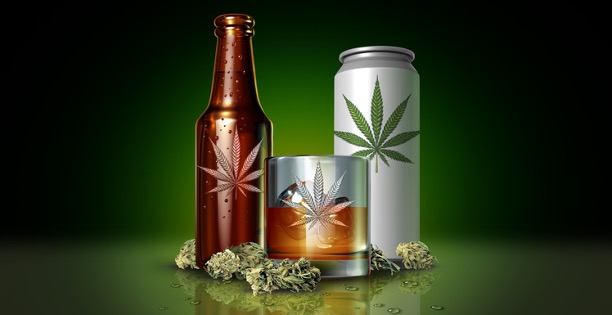
Developing a cannabis beverage? Follow these three pro tips
We live in a very exciting time, when the cannabis beverage market is quickly becoming the next frontier for established alcohol brands. What used to be fringe is now going mainstream. Cannabis products are legal in more markets than ever,…

Four reasons to consider specific gravity weight in your cannabis beverage
For both traditional beverage manufacturers and cannabis brands just getting into drink formulation, there is one aspect of beverage formulation that too often goes unnoticed: its density or specific gravity (SpG). If your brand is getting into cannabis drink production,…

For cannabis brands, nano is a risky play
Why so many cannabis brands are interested in nano The cannabis-infused beverage category is one of the industry’s fastest-growing segments, projected to expand at a 22% CAGR over the next five years. But with opportunity comes challenges. Even with the…
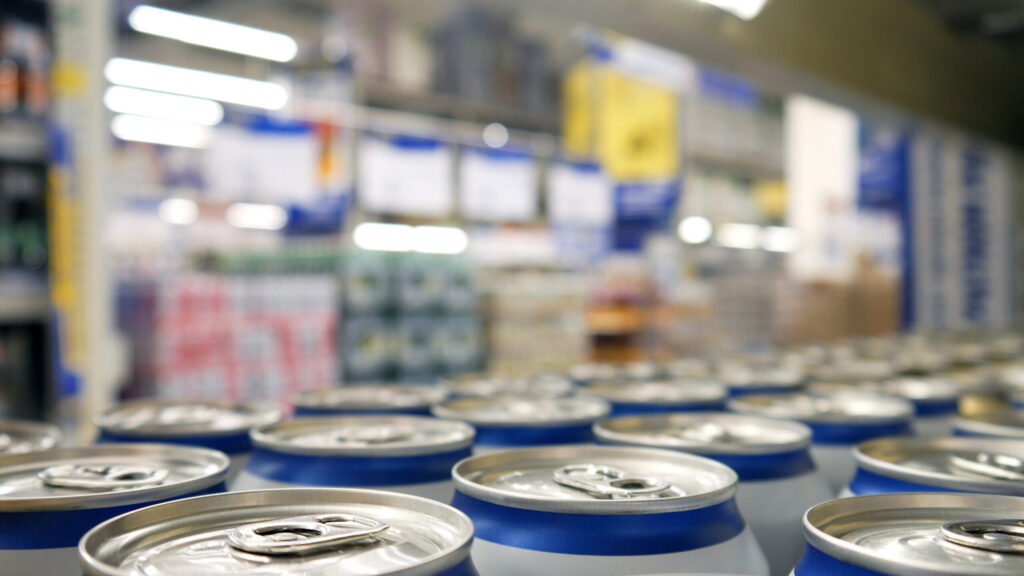
A low-dose hemp drink dosing guide for alcohol brands
Why you’re seeing more low-dose cannabis beverages in liquor stores When the 2018 Farm Bill passed, it defined hemp federally as cannabis sativa L with a Delta-9 THC concentration of no more than .3%. That federal dosing guide didn’t immediately…
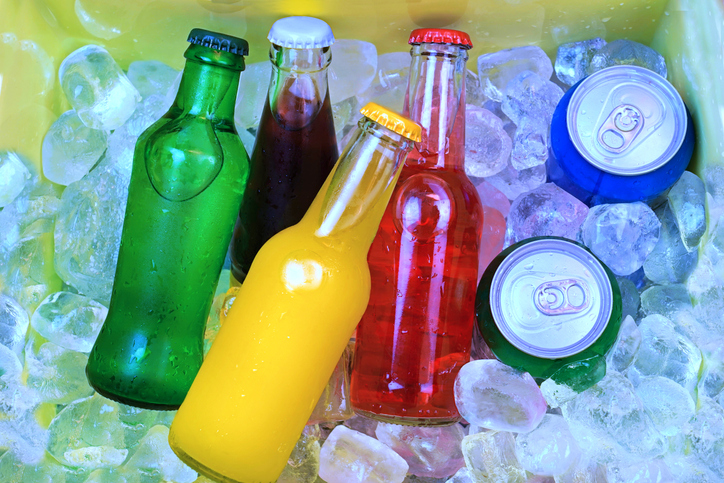
Why the cannabis beverage industry must standardize predictable onset times
“Alcohol use is declining. THC is swooping in” reads the title of a piece posted by CNN in May of this year. In one section of the article, the author states, “The time is right for a THC beverage boom.…
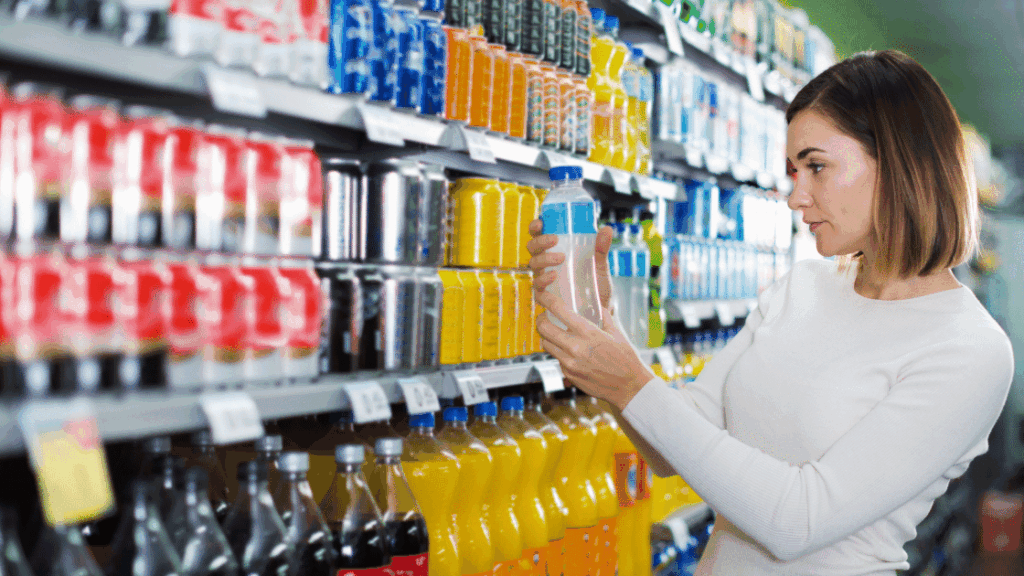
Why the cannabis beverage market is poised for growth
The cannabis industry is no stranger to evolution, but perhaps no segment is experiencing as rapid and dynamic a transformation as cannabis-infused beverages. Once a niche offering just a few years ago, these drinkables have quickly lost their novelty status…
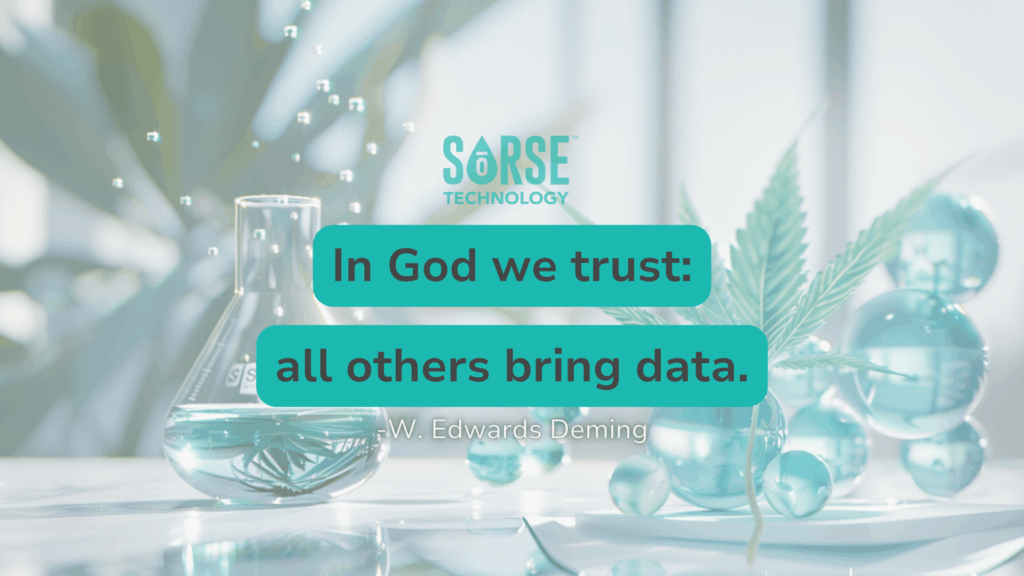
Exploring Hemp-Derived Beverages: Transparency & Quality in Hemp Delta-9 THC Beverages
The landscape of the hemp-derived D9 THC beverage market is rapidly evolving. With swift growth and increased consumer demand, the need to secure mainstream retail placements has never been more critical. However, the burgeoning market also faces potential setbacks that…
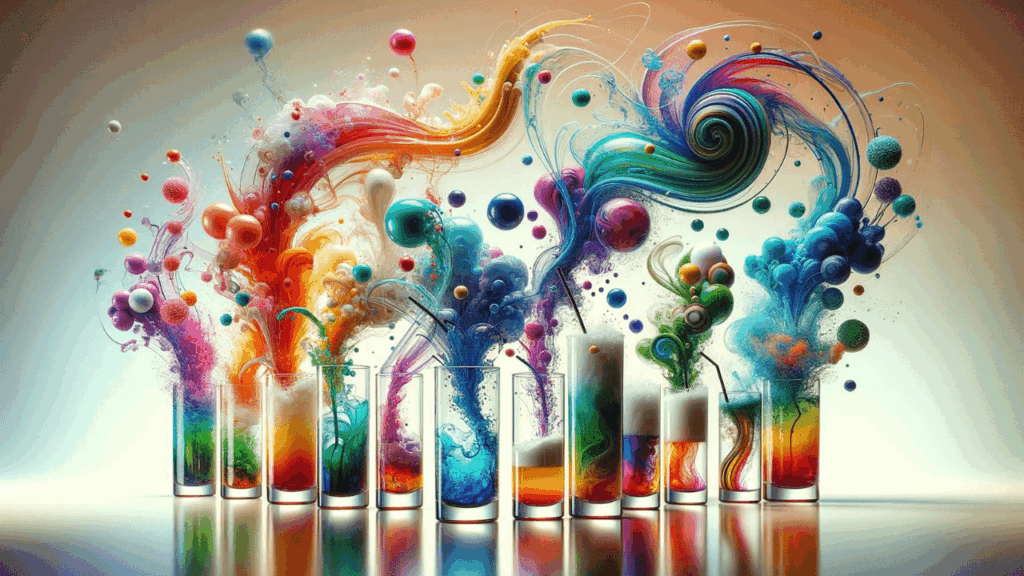
Emulsion Technology: Designed for Beverage
Learn about emulsion tech and why its suitable for cannabis beverages







